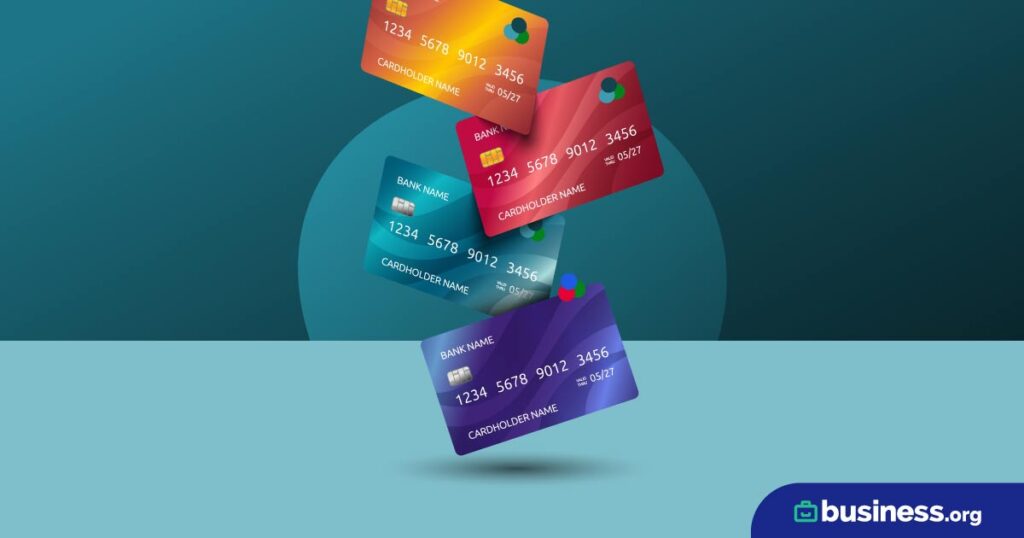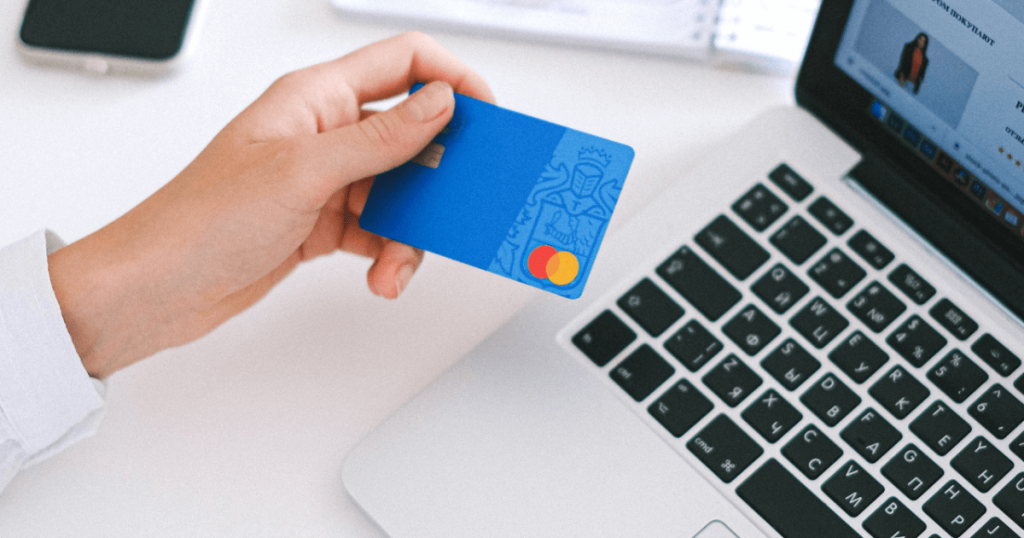We are committed to sharing unbiased reviews. Some of the links on our site are from our partners who compensate us. Read our editorial guidelines and advertising disclosure.
SBA Loan Rates Explained
SBA loans are a very unique type of loan. And they're not truly loans fundamentally speaking: they're SBA-backed loans.
The SBA backs your application for already-existing loans if you meet certain strict eligibility requirements. In turn, it offers the financial institution or provider guaranteed assurance in case you default. This irregular process makes it a bit longer to attain, but if lower-than-average interest rates are important to you, it might be worth the wait.
So, how low are these interest rates exactly, and are there any other fees that you should be aware of when it comes to SBA loans? We'll provide all that information for you below and more.
Current SBA loan rates
Does not represent the typical rate for every borrower; other fees may apply.
Data effective 5/1/23. At publishing time, pricing and features are current but are subject to change. Offers may not be available in all areas.
How SBA loan rates are set
The SBA sets the lenders’ interest rate maximums and bases them on three criteria:
- The base rate, which is the US Prime Rate (8.25% as of May 2023) or international LIBOR (London Interbank Offered Rate, measured monthly) multiplied by the SBA Peg Rate.
- The term length of the loan, the span of which can be under seven years, or over seven years (SBA 7[a] loans).
- The loan amount, which breaks at under $25,000, $25,000 to $49,000, and over $50,000 (SBA 7([a] loans).
All the lender has to do is work within the parameters that the SBA has currently set. These parameters vary based on the SBA loan, the loan type (whether it's fixed or variable), and time period (the base rate, for example, changes monthly while the Peg changes quarterly). The latter two factors, term length and loan amount, will also play a role in the loan rate. Typically, the greater the loan size and longer the term length, the lower the loan rate (and vice versa).
Current SBA 7(a) loan rates (fixed or variable)
Data effective 5/1/23. At publishing time, pricing and features are current but are subject to change. Offers may not be available in all areas.
SBA 7(a) loans have the widest range of uses of all SBA loans (from working capital to debt refinancing to equipment and business purchases), as well as a high maximum loan amount (up to $5 million) and extended repayment terms (as long as 25 years).
Current CDC/SBA 504 loan rates
Data effective 5/1/23. At publishing time, pricing and features are current but are subject to change. Offers may not be available in all areas.
The CDC/SBA 504 is a hybrid loan specific to real estate wherein an SBA-approved lender contributes 50% and a local certified development corporation (CDC) puts up 40%, with the remaining 10% covered by the borrower’s down payment. Terms are either 10 years or 20 years in length, and the CDC’s portion of the rates are set for the loan’s duration.
Try SmartBiz, a lending marketplace for SBA loans. With just one simple (and quicker-than-average) application, you'll get matched with multiple SBA lenders.
Current SBA Express loan rates
Data effective 5/1/23. At publishing time, pricing and features are current but are subject to change. Offers may not be available in all areas.
An SBA Express loan is a variation of the SBA 7(a) loan with an accelerated timeline. An initial response is guaranteed within 36 hours, but the overall processing time of the loan is not guaranteed to be expedited. SBA Express loans come with higher interest rates and a lower borrowing cap of $350,000.
Current SBA CAPLine Program rates
Data effective 5/1/23. At publishing time, pricing and features are current but are subject to change. Offers may not be available in all areas.
The SBA CAPLine Program is designed for businesses with seasonal or short-term capital needs, and it’s usually given in conjunction with SBA 7(a) or CDC/SBA 504 loans. CAPLines come as fixed rate or revolving lines of credit of up to $5 million.
Current SBA Microloan Program rates
Data effective 5/1/23. At publishing time, pricing and features are current but are subject to change. Offers may not be available in all areas.
The SBA Microloan Program is designed for businesses who need a smaller amount of money. They allow borrowers up to $50,000. Interest rates vary widely based on the lender, but still remain lower-than average compared to traditional lending.
Current SBA Economic Injury Disaster Loan rates
Data effective 5/1/23. At publishing time, pricing and features are current but are subject to change. Offers may not be available in all areas.
The SBA Economic Injury Disaster Loan Program is designed for businesses undergoing economic or environmental disadvantages. EIDL loans can go up to $2 million. The rates that are set depend upon whether you have credit elsewhere or not. Though they're pretty low currently, they can rise up to a maximum of 8% if you have credit elsewhere, and 4% otherwise.
By signing up I agree to the Terms of Use.
SBA loan origination fees and guarantees explained
SBA loans comes with extra costs that aren’t always made apparent. Like origination fees. This fee helps banks and lenders cover their end of the deal, and it’s entirely up to the institution to determine the amount of that fee.
If the lender arrives at a 3% origination fee, they’ll take $1,800 off your $60,000 loan, leaving you with an actual total of $58,200. Of course, you’ll still pay interest based on $60,000.
Unfortunately, there's another cost SBA loans have: a guarantee fee. The bank or lender uses this fee to pay to the SBA in return for their assurance on the loan. It’s usually 3% to 3.5% of the total of the SBA-backed loan, but the repayment term plays a role in the evaluation of that percentage too.
Here's an example of how guarantee fees work. Say you have a $500,000 10-year loan. 75% (or $375,000) is guaranteed by the SBA. If you take 3% of that 75%, that comes out to an $11,250 SBA guarantee fee.
These fees add up, and that doesn't even take into account the interest rates, or APR (annual percentage rate), but that's the real cost of borrowing capital.
Typically, the shorter the repayment term of a loan, the higher the APR; with a longer term, you get a lower APR. The point is though is that bank is always going to recoup its costs — no matter the length of your agreement.
The takeaway
There’s far more to SBA program loans and interest rates than what we could cover here; working with a trusted lending source and doing your own deeper research are routes we can’t recommend enough for business owners. SBA small-business loans are in high demand due to their low interest rates and wide spectrum of uses, and the qualifications are, in most cases, more exacting than those of standard bank loan applications. They may not be quite as hard to nail down as the location of Elvis’s secret retirement home, but be prepared to put in the work.
Related reading
SBA loan rates FAQ
The current prime rate is 8.25%. SBA 7(a) loan rates range from prime plus 2.25% to prime plus 4.75% depending on how much and for how long you borrow. SBA Express loans have higher interest rates—with their rates ranging from prime plus 4.5% to prime plus 6.5%.
SBA loans differ greatly from conventional loans. The purpose of taking the loan out, eligibility requirements, terms, and interest rates all differ.
SBA loans are specifically designed to support small businesses and entrepreneurs, while conventional loans can be used for any purpose. SBA loans typically have more flexible eligibility requirements and longer repayment terms than conventional loans. They also often have lower interest rates than conventional loans due to their partial guarantee by the government.
You can certainly try to negotiate, but it's not recommended unless you have a thorough understanding of how the SBA loan program works. The SBA sets the parameters and the lender decides the ultimate loan factors based on those parameters. Since the rates are already lower than conventional loans, however, it's best not to expect much.
Usually, prepayment is not penalized. Typically, it's often encouraged (as borrowers can save money). Be sure to look through the terms of your loan agreement, however, as certain fixed loans may at times have a prepayment fee.
Disclaimer
At Business.org, our research is meant to offer general product and service recommendations. We don't guarantee that our suggestions will work best for each individual or business, so consider your unique needs when choosing products and services.



